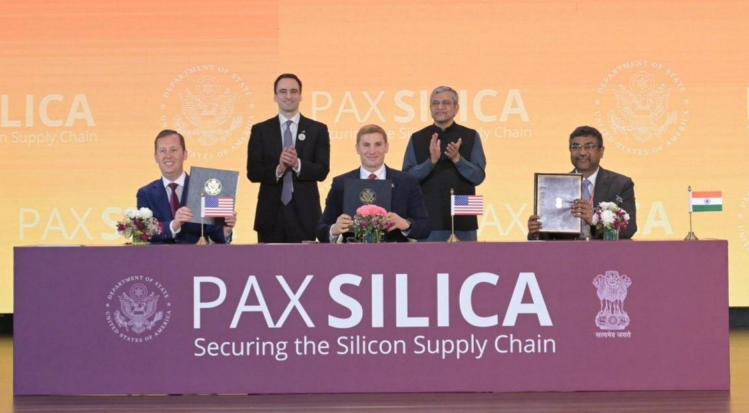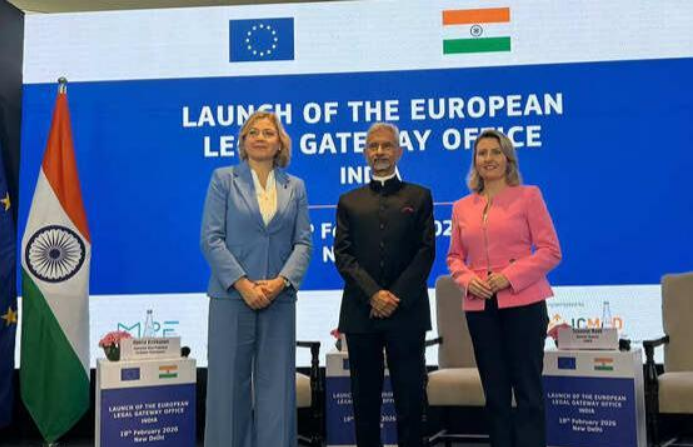In a major development for India’s real money gaming (RMG) ecosystem,
Google has proposed key policy changes that would allow all compliant real money games on Google Play and enable advertising of games of skill on Google Ads in India. The move comes as part of the tech giant’s response to an investigation ordered by the Competition Commission of India (CCI), following a complaint filed last year by gaming startup Winzo Games.
Anti-competitive concerns raised by CCI
The CCI had flagged potential anti-competitive behavior, specifically targeting Google’s selective onboarding practices that favored certain RMG categories, such as Daily Fantasy Sports (DFS) and Rummy, while excluding others. The regulator warned that such exclusion could result in denial of market access and distort fair competition in the growing RMG sector. In response, Google has now submitted a “Play Commitment Proposal” and an “Ads Commitment Proposal” to the Commission.
Google’s proposal for inclusive access
According to Google, these proposals aim to address CCI’s concerns by ensuring fair and inclusive access for all legally permissible real money games. The company stated that its revised policy framework is designed to eliminate any competitive disadvantage faced by certain developers and will standardize access to Google’s platforms in line with Indian laws and judicial precedents.
“The Play Commitment Proposal, along with the Ads Commitment Proposal, addresses the Hon’ble Commission’s concerns by ensuring inclusive access to Google Play and Google Ads for all compliant RMGs, eliminating any alleged competitive disadvantages, and standardizing policies to prevent any adverse effects on competition,” Google stated in its submission to the regulator.
As per the proposed policy shift, Google will discontinue its existing pilot program — which currently allows only select DFS and Rummy apps — and instead allow all real money games on Google Play in India. This will apply to those RMGs that are self-declared by developers as permissible under Indian law and relevant legal precedents. The proposal signals a significant opportunity for emerging startups in the gaming space, many of whom have struggled with restricted access to the Play Store despite operating within the bounds of Indian regulations.

Policy Amendments
In parallel, Google has proposed amendments to its Google Ads policy in India. The updated policy will permit the advertisement of games of skill, provided the advertiser meets specific conditions. These include demonstrating good standing with a recognized third-party verifier and adhering to other compliance standards. This move is expected to level the playing field for a wide array of RMG operators, especially startups that rely heavily on paid user acquisition to scale.
Further, Google is in the process of finalizing an appropriate business model that considers the diverse commercial structures in the RMG industry. This indicates that the company may soon roll out monetization or revenue-sharing models tailored for real money gaming developers operating in India, potentially unlocking new growth channels for startups.
Addressing concerns around payments and user safety, Google clarified that its warning systems on payments are applied in a developer-agnostic and transparent manner. The company emphasized that these warnings are in compliance with directives from the Reserve Bank of India (RBI) and the National Payments Corporation of India (NPCI), and are designed to safeguard users across all apps equally.

New doors for Indian RMG start-ups
The policy changes proposed by Google come at a time when the Indian online gaming market is experiencing rapid expansion, with startups playing a dominant role in the ecosystem. If accepted by the CCI, Google’s proposals could lead to broader participation of Indian gaming startups on the Play Store and more equitable visibility through Google Ads, further catalyzing innovation and competition in the space.
For gaming startups and RMG platforms, this move could significantly improve market access, reduce platform bias, and enhance their ability to compete with larger, more established players.












